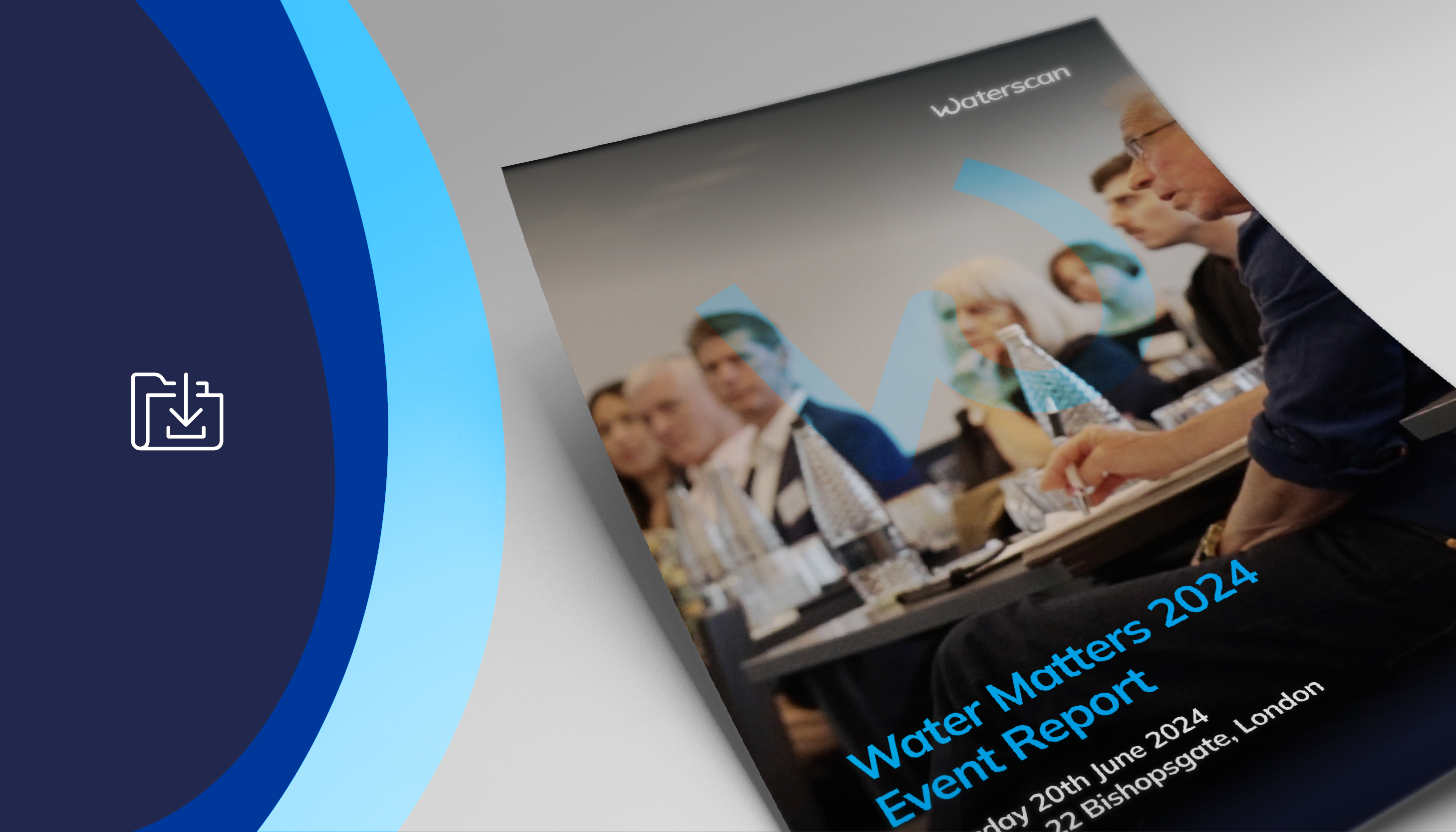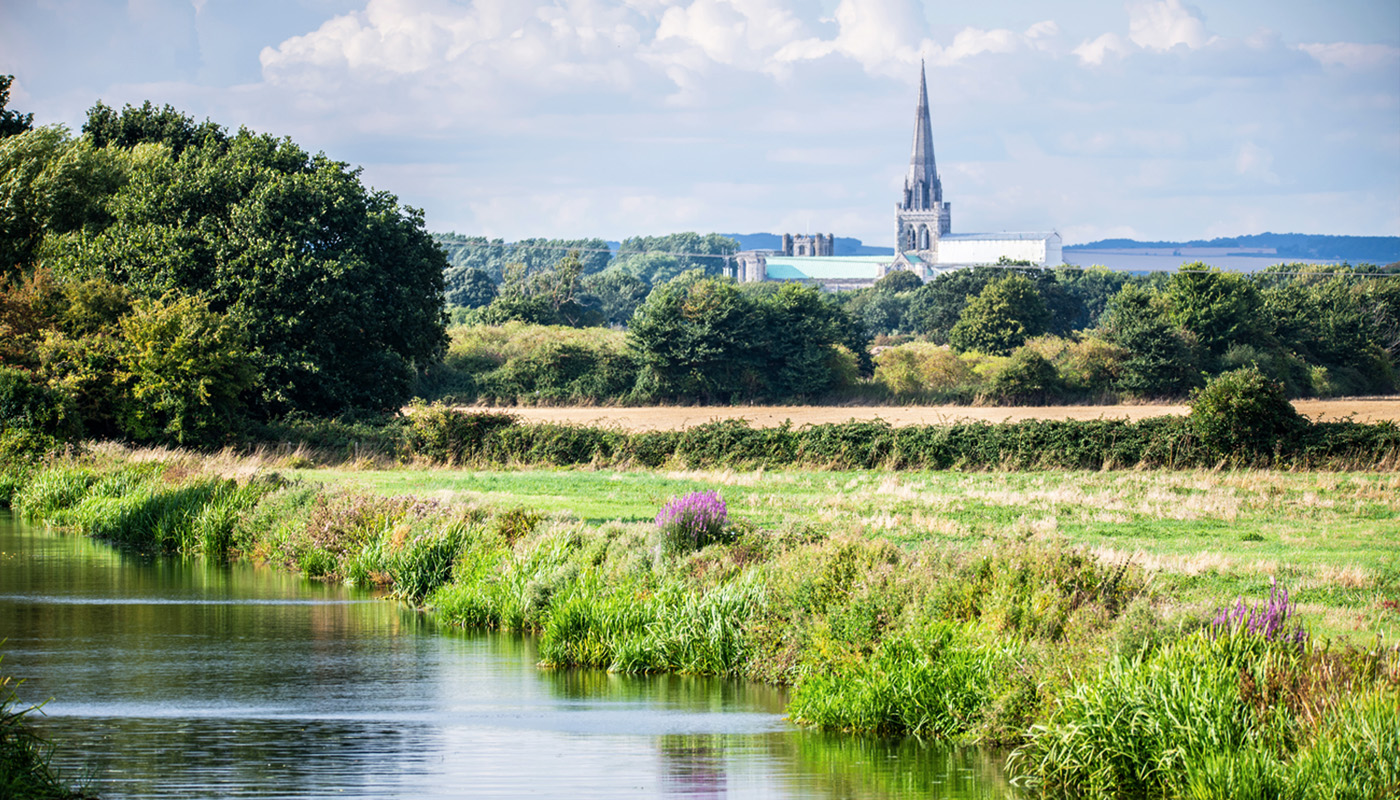Early next year in New York, the United Nations will be holding a dedicated conference on water.
It is timed to mark the mid-point in the International Decade of Action on Water 2018-2028.
The conference is being hailed as a watershed moment; a time to review progress on SDG6, the Sustainable Development Goal which is concerned with securing the availability and sustainable management of water and sanitation for all by 2030.
Judging by some of the alarming statistics that the just-published 2022 SDG Progress Report reveals, the focus that this conference will bring is well overdue.
For example:
- 6bn people will lack safe drinking water, 2.8bn people will lack safe sanitation and 1.9bn people will lack basic hand hygiene facilities by 2030.
- More than 733m people (10% of the global population) live in countries with high and critical levels of water stress.
- We have already lost over 85% of the planet’s wetlands, which provide a critical ecosystem for carbon capture and a breeding habitat for 40% of our animal and plant species.
“Today, 40% of the world’s people are affected by water scarcity; 80% of wastewater is discharged untreated into the environment, and more than 90% of disasters are water-related.”
António Guterres, UN Secretary-General
The issue here is that all this data is mindboggling. It overwhelms. While the big picture is absolutely necessary to convey the scale, complexity and urgency of the issue, the numbers are so big that they often fail to resonate and engender engagement and action at local level. Furthermore, there’s no tangible, bite-sized roadmap.
Many business leaders here in the UK – where there is rarely evidence of water stress bar the odd temporary use ‘hosepipe’ ban – could be forgiven for not giving water the weight it requires in their own sustainable development plans. In comparison to many countries, the UK is literally and figuratively in a good place.
We are not an island
In Britain, we may experience relatively little inconvenience when it comes to water, but that doesn’t mean that we are protected from it. If the last couple of years of pandemic and conflict have brought anything into clear view, it’s surely the interconnectivity of the world in which we live. We must wake up to the fact that the world’s water-related ecosystems are being degraded at an alarming rate and this impacts our economy on multiple levels. We offer excellent access to handwashing facilities, essential for controlling infectious diseases, for example, yet, globally, 1 in 4 people lack this (and all we know where this leads).
Countries across North Africa and Western Asia are already approaching critical levels of water stress, and this will have devastating consequences beyond the environmental impact. It could curtail or even reverse economic and social development, increasing competition for water and potential for conflict, while food availability and migration will likely create a geographical domino effect on water resources. All of this has a direct impact on businesses operating in the UK and the shape of their supply chains, their financing, their infrastructure, their workforce and their customers.
Four times more
It’s clear that decisive action is needed – and fast. Meeting drinking water, sanitation and hygiene targets by 2030 will require a fourfold increase in the pace of progress, says the UN. That’s even more important when you consider that it’s quite simply not possible to meet any of the remaining sustainable development goals without concurrently and comprehensively tackling water conservation.
I see that one of the outcomes of the March 2023 United Nations Water Conference is to set a Water Action Agenda. It sounds like these will be voluntary commitments but, if translated into national statutory frameworks like Defra is proposing, this action plan could be just the turnkey that the world needs to get back on track.

“Just as the impact of crises is compounded when they are linked, so are solutions”
United Nations
In the meantime, business must now get informed about water and start to get their water data in order to take control of their own roadmap to resilience. A key message from the 2022 UN report is that ‘data and statistics can light the way’, noting that a lack timely, high-quality and disaggregate data continues to be a barrier to understanding where we are and where we are headed.
Here at Waterscan, we’re working hard with businesses across the UK to give them an unrivalled level of insight on water risks and mitigation strategies. We’re also working collaboratively through our Self-Supply Users Forum to shape the water industry and carve out new levels of best practice water management. Along with the businesses that want to be part of the solution rather than exacerbating the problem, we’re determined to achieve more, faster.




